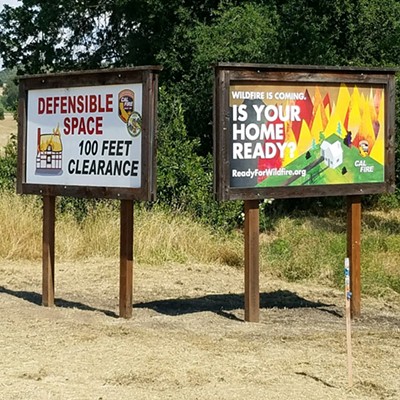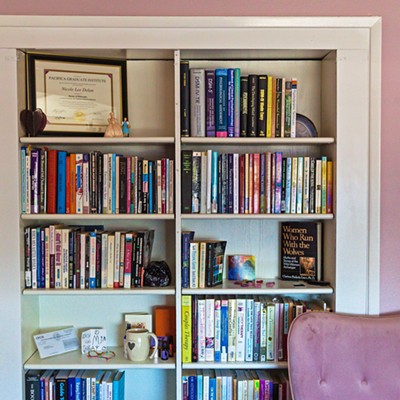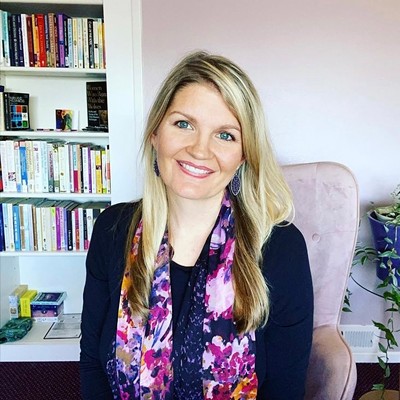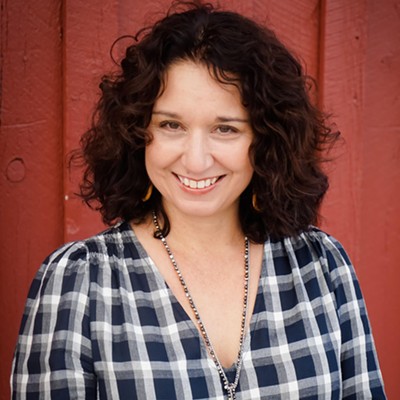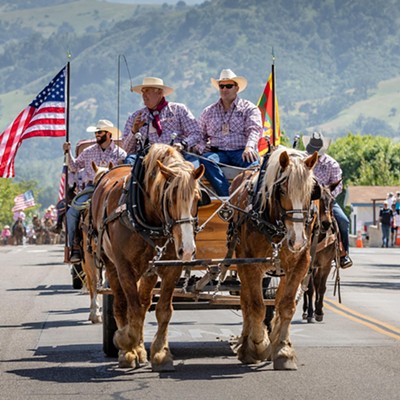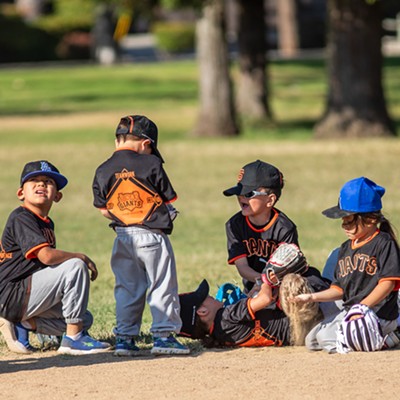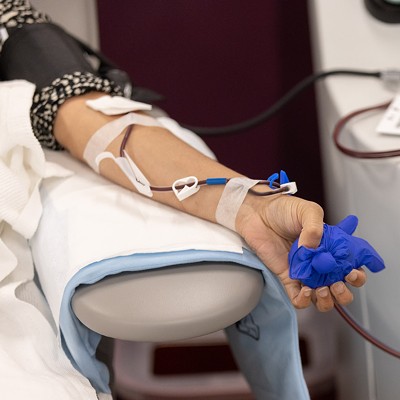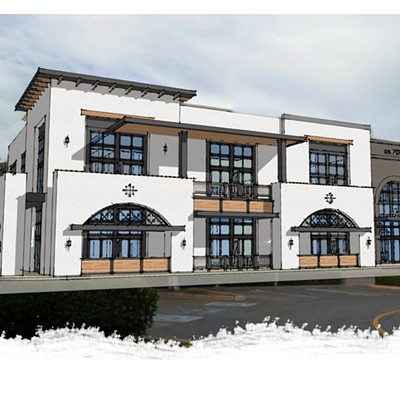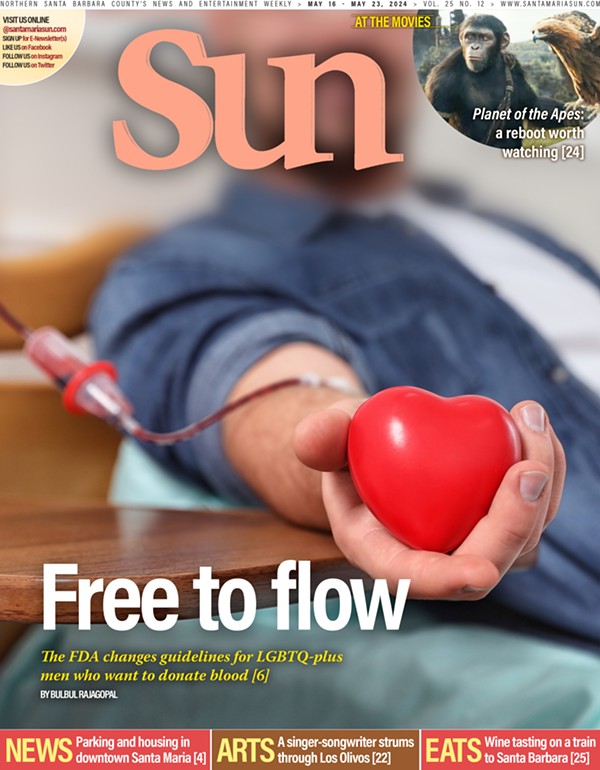Between March and May of 2020, Sansum Clinic experienced more than a 90 percent drop in its colon cancer and breast cancer screenings. Dr. Fred Kass, medical oncologist and director at Sansum’s Ridley-Tree Cancer Center, said it was unlike anything he’d seen before.
“I think this is really unique,” Kass said of the sudden drop in screenings at the start of the COVID-19 pandemic. “We’ve seen this wax and wane. … I can’t think of any precedent of having an impact that’s been this prolonged.”

While the number of screenings have now returned to baseline, a recent study published in JAMA Oncology confirms that what happened at the Ridley-Tree Cancer Centers—located in Solvang and Santa Barbara—also occurred across the nation. The study shows that breast cancer screenings saw the sharpest decline in the U.S. in April, dropping more than 90 percent. The findings estimate that the nationwide deficit of breast cancer screenings as a result of the pandemic is nearly 4 million. While Sansum’s cancer centers normally screen between 1,500 and 2,000 patients for breast cancer each month, that number dropped to less than 250 in April 2020.
When the pandemic first hit, medical services in general had to look different: fewer people could be seated in a waiting room, and schedules were impacted to make time for extra sanitation. But Kass said the Ridley-Tree Cancer Center “made an effort not to change any of the services that we’re providing, so that cancer patients didn’t have any fewer services.” Even so, with stay-at-home orders and fears around entering medical settings, screening patients suddenly declined.
“Patients would say, ‘Everybody says stay at home, so I won’t do that mammogram,’” Kass said. “While we were able to maintain all of the critical therapeutic services, the preventative services … suffered a lot.”
Screenings are back to normal now, but Kass has concerns about what the drop a year ago could mean for late-stage cancer prevalence in the community long term.
“Our biggest fear is that patients [missed] an opportunity to have their cancers diagnosed early, because there was this additional barrier,” he said.
Getting people to come in for routine cancer screening was already a challenge before the pandemic and continues to persist as the community moves out of it.
“We’ve been dealing with barriers to early detection for as long as I’ve been in medicine,” Kass said. “There was a time at which we had to convince people to come in for mammograms, and there was a constant effort. … COVID was suddenly a super-barrier to getting that done.”
Historically, socio-economic status has also played a role in getting people screened.
“If you have to take a bus to your screening area because you don’t have easy access to a car, if you don’t have good insurance, think about all those economic barriers,” Kass said. “Then on top of that, you go through [the pandemic] in which it appears to be hazardous to take public transportation. We’re slowly crawling back from that.”
Early detection is one of the best tools for keeping cancers curable, and Kass hopes the community will not hesitate to come in for the screenings they need.
“In my professional lifetime, the size of an average breast cancer has dropped by more than 50 percent,” he said. “That’s not because suddenly breast cancers are smaller, it’s because we’re so much better now than we were when I started practicing, of having women screened earlier. So we just need to get back to that.”
Highlights:
• Santa Maria is putting on a month of free programming and activities during June for local teens. “Fun in the Sun June” will be held each Wednesday on the outdoor basketball courts behind the Abel Maldonado Community Youth Center, and is open to all seventh to 12th grade students. Activities include rain gutter regatta, beach ball games, Pop Rocks!, a Father’s Day craft, and the Ice Cream Factory Challenge & Social. The program will start on June 2, and those interested must register at cityofsantamaria.org/register.
• Teens aren’t the only ones who can have some free summer fun in June: the city is also offering free outdoor ukulele lessons for those 50 and older beginning June 1. “Participants will learn to play chords, melodies, and familiar songs,” a city statement said. “Five baritone ukuleles are available to borrow, or class members may bring one of their own.” Lessons will be on Tuesdays and Thursdays on the patio at the Elwin Mussell Center, and participants can register at cityofsantamaria.org/register.
Staff Writer Malea Martin wrote this week’s Spotlight. Send business news to [email protected].



